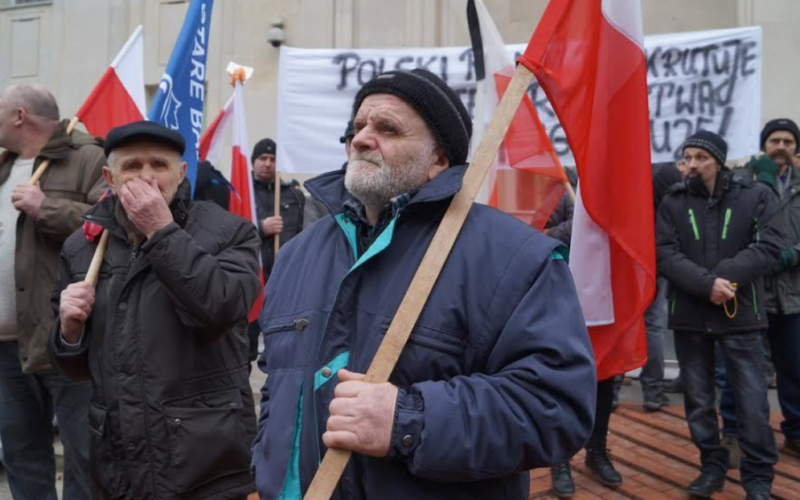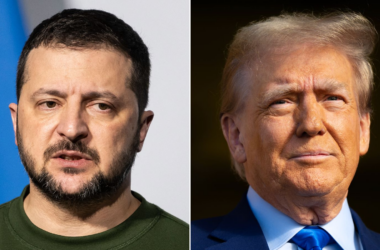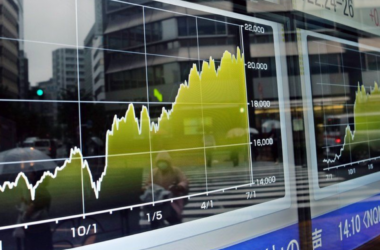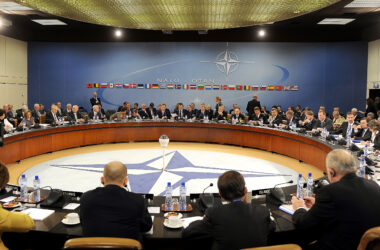Following violent clashes with law enforcement outside Poland’s parliament in Warsaw, tens of thousands of farmers and their supporters have issued a warning, stating their intention to bring the country to a standstill.
The protests initially centered around the prime minister’s office in Warsaw, where demonstrators expressed grievances over issues such as the influx of cheap imports and environmental regulations impacting their livelihoods. Subsequently, protesters marched towards parliament, resulting in confrontations with police.
According to eyewitnesses, the clashes saw the use of various crowd-control measures by police, including batons, pepper spray, tear gas, and stun grenades, while some demonstrators reportedly responded by hurling projectiles at security forces.
In response to the escalating situation, Warsaw police justified their actions, citing “physical aggression” against officers, necessitating the use of “direct coercive measures.”
Poland’s Interior Minister confirmed the detention of 23 individuals described as provocateurs. Video footage circulated by local media depicted some protesters breaching parliamentary grounds before being subdued by law enforcement.
Tomasz Obszanski, a farmers’ union leader and protest organizer, voiced discontent over the police response, alleging provocations and the use of force against peaceful demonstrators.
The demonstrations are part of a broader movement across the European Union, with farmers advocating for changes to regulations imposed by the bloc’s Green Deal initiative and calling for the reinstatement of customs duties on agricultural imports, particularly from Ukraine.
Despite their grievances, farmers’ requests for a meeting with Prime Minister Donald Tusk were reportedly rebuffed, leading to threats of further action, including plans for a nationwide blockade.
Prime Minister Tusk has extended an invitation to farmer leaders for discussions on Saturday, seeking to address their concerns amid broader political considerations, including upcoming elections and geopolitical dynamics surrounding Ukraine.
The protests have garnered support from various sectors, including Poland’s largest labor union NSZZ Solidarnosc, hunters, and forestry workers. Demonstrators have employed various tactics, including burning symbolic coffins and blocking roads, to amplify their demands.
As tensions persist, Poland finds itself navigating a delicate balance between addressing domestic grievances and maintaining its stance on international issues, particularly in relation to Ukraine. Plans to petition the EU for bans on agricultural imports from Russia and Belarus further underscore the complex interplay of domestic and external factors influencing Poland’s agricultural policy.








